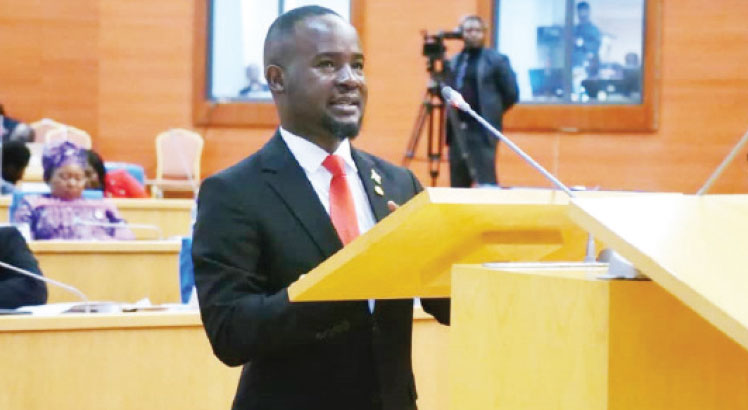Debt vulnerabilities to remain elevated—World Bank
The World Bank says Malawi’s debt vulnerabilities will remain elevated, even if successful external debt restructuring with commercial and bilateral creditors is achieved due to the growing domestic debt burden.
In its recent country economic analysis, the bank observed that despite efforts towards fiscal consolidation, the fiscal deficit is likely to remain persistently high due to continued high expenditure pressures.
Reads the analysis in part: “Key to addressing these vulnerabilities is sustained fiscal consolidation, which progressively lowers expenditure, and additional measures to reduce debt vulnerabilities, particularly through improved public finance management systems, in turn, engendering trust from private investors and development partners.
“Interest expenditures will continue to rise and absorb a higher proportion of the resource envelope, in turn continuing to constrain fiscal space, especially for needed investment to spur growth.”

The bank said financing assurances from these creditors, supported by supportive fiscal, monetary, and exchange rate policies, could pave the way towards a sustainable debt path and enable the country to qualify for an IMF Extended Credit Facility (ECF).
The joint World Bank- IMF November 2022 Debt Sustainability Analysis reported that public debt is in distress under current policies but ongoing external debt restructuring negotiations with commercial and bilateral creditors will help bring debt on a downward trajectory over the medium-term.
The negotiations remain ongoing and focus on interest rate deductions, repayment moratoria, as well as extending the maturity profile of both commercial and bilateral external debt to reduce refinancing risk and thus contribute to ease the pressure on forex reserves.
Malawi’s public debt stands at K7.9 trillion as at December 2022, with K4.43 trillion being domestic debt while K3.47 trillion is external debt.
World Bank data shows that as of March 2022, commercial lenders held 23 percent of external debt or 9.8 percent of the country’s gross domestic product (GDP) while multilateral and bilateral creditors held 64 and 13 percent of external debt, respectively.
In June last year, IMF said Malawi needed to address debt sustainability and resolve the misreporting to qualify for a new Extended Credit Facility with the fund.
Minister of Finance and Economic Affairs Sosten Gwengwe is on record as saying Treasury has made progress in its bid to restructure external debt and secure a new programme with the IMF.
He said Treasury was discussing with some of the country’s large creditors for a possible restructuring of its external debt.
Said Gwengwe: “We have multiple ways of addressing public debt, one of it is budget optimisation, a budget that reduces the need for domestic borrowing





